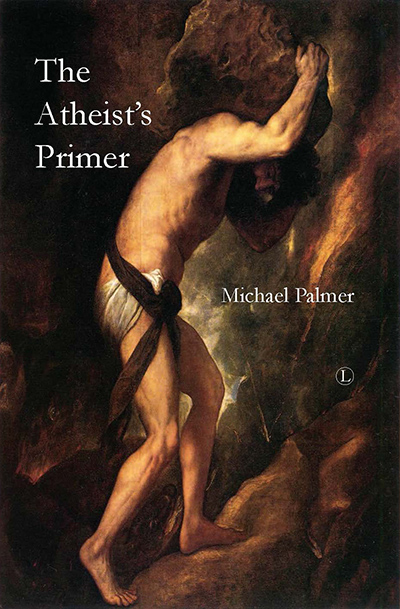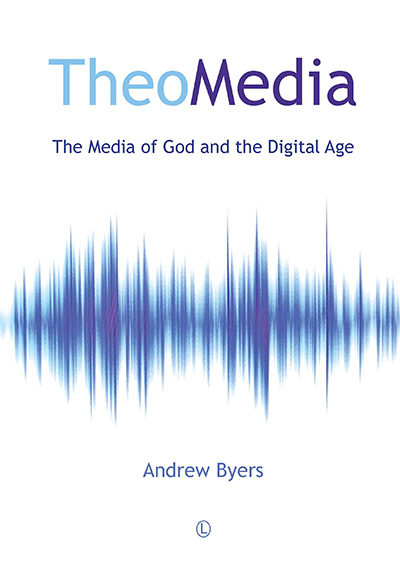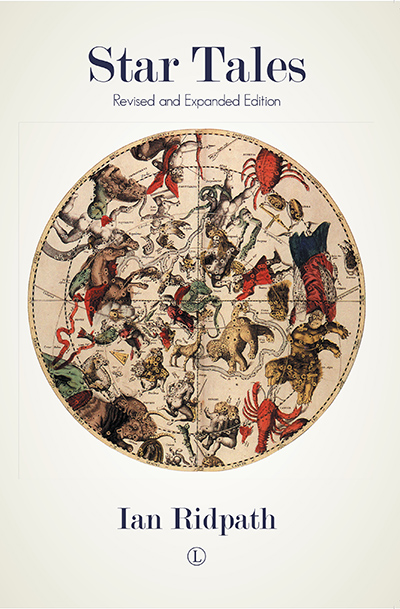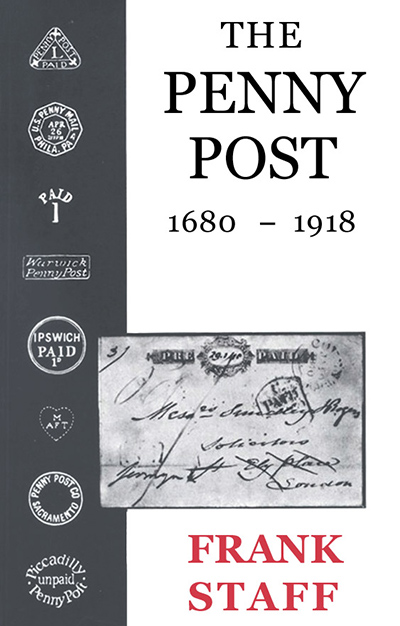Description
In The Atheist’s Primer, a prominent philosopher, Dr Michael Palmer, reinstates the importance of philosophy in the debate about God’s existence. The ‘new atheism’ of Richard Dawkins and others has been driven by largely Darwinian objections to God’s existence, limiting the debate to within a principally scientific framework. This has obscured the philosophical tradition of atheism, in which the main intellectual landmarks in atheism’s history are to be found.
With an analysis of atheistic thought from the Ancient Greeks to the present day, Palmer explains and comments on the philosophical arguments warranting atheism, discussing issues such as evil, morality, miracles, and the motivations for belief. The emphasis placed on materialism and the limitations of our knowledge might seem disheartening to some; but Palmer concludes on a positive note, arguing – alongside Nietzsche, Marx and Freud and many others – that happiness and personal fulfilment are to be found in the very materialism that religious belief rejects.
Michael Palmer first addressed these issues in his student-oriented edition, The Atheist’s Creed, of which The Atheist’s Primer is a revised abridgement for the general reader. Palmer has now stripped out the primary texts and expanded his commentaries into fluent and concise analyses of the arguments. Free of philosophical jargon and assumptions of prior knowledge, this is an important introduction to a major cultural debate.
About the Author
Dr Michael Palmer was educated at Lancing College and St John’s College, Durham. A former Teaching Fellow at McMaster University and Humboldt Fellow at Marburg University, Dr Palmer has taught at Marlborough College and Bristol University, and was for many years founding Head of the Department of Religion and Philosophy at The Manchester Grammar School. His Moral Problems (Lutterworth, 1991; 2nd ed, 2005), remains the most influential school coursebook in philosophy of its generation.
His other works include Freud and Jung on Religion (1997), The Question of God (2001), Moral Problems in Medicine (2005), the two-volumed The Philosophy of Religion (2008), The Atheist’s Creed (2010) and Atheism for Beginners (2013). One of the most widely-read of contemporary philosophers, his work has been translated into many languages.
Contents
The Atheist’s Creed
Introduction
1. The Meaning of Atheism
i. Atheism: A Definition
ii. Atheism and Agnosticism
2. The Origins of Atheism
i. The Age of the Sophists
ii. Epicureans & Sceptics
iii. The Christian Era and the Re-emergence of Religious Doubt
3. Two Arguments for God’s Existence: An Atheistic Critique
i. Introduction
ii. The Arguments from Cause and Design
iii. The Atheistic Critique
4. The Problem of Evil
i. Introduction
ii. The Logical (or Deductive) Argument from Evil
iii. The Evidential (or Inductive) Argument from Evil
5. Morality and Religion
i. Introduction
ii. Criticisms of the Moral Argument
iii. Life After Death and Morality
iv. Nietzsche’s Critique of Religious Morality
6. Miracles
i. The Meaning of ‘Miracle’
ii. The Critique of Miracles: Their Impossibility
iii. The Critique of Miracles: Their Improbability
7. The Motivations of Belief
i. Introduction
ii. The Impulse to Believe
(a) Ludwig Feuerbach: God as the Projection of Man
(b) Karl Marx: Religion as the Opium of the People
(c) Sigmund Freud: Religion as a Universal Obsessional Neurosis
Conclusion
Guide to Further Reading
Index of Names
Index of Subjects
Endorsements and Reviews
Palmer appropriately returns us to the classical philosophical atheistic challenges against theism. His work is beyond praise and I believe greatly needed in time when ‘New Atheism’ is in danger of eliminating the thrust of classical atheism, which squarely and fairly focused on arguments for and against existence of God. … I would recommend The Atheist’s Primer to all Christians and atheists who love pondering the case for and against existence of God and are worn-out by New Atheism’s shortage of philosophical engagement in this most important subject.
Daniel Prayson, in With All I Am, 25th October 2012
This primer is an elegant subject guide for entry-level infidels. Perhaps it has been pitched to an age group who should already have divested themselves of imaginary friends, but it still constitutes a utile grounding in, and overview of, the thinking, constructive and destructive, of freethinkers throughout Western history.
Daniel Binney, in Times Higher Education, 25th October 2012
Hurray for Michael Palmer! The Atheist’s Primer is one of the best introductions to Atheism available. Well written and the many pictures of famous philosophers add to its charm – the only introduction to Atheism that I know of that has this!
Dr Michael Martin, Professor Emeritus of Philosophy at Boston University
In his concise, comprehensive and accessible grand tour d’horizon of atheistical arguments, he surveys the philosophical approach that started 2,500 years ago, in the extraordinary explosion of critical thought in 5th-century BC Athens. … Michael Palmer has written not only an elegant summary of 2,500 years of thinking-about-God, but a genuine ‘Primer’, locked and loaded for argument, which doubles as a reminder of our intellectual limitations. The arguments it offers are less overweening than the barrage of scientific facts we tend to rely on.
Michael Bywater, in New Humanist, Vol 127 (6)
If you are a student of philosophy, history and possibly psychology you will find much to interest you in this book.
Dougie Gibbard, in Skeptical Adversaria, Winter 2012
The various logical arguments in favour of atheism contained in this book represent a valid arsenal of munitions very useful for both atheists and agnostics, in order to to be able to rebut in an efficient way all of the pseudo-demonstrations that believers always advance in favour of their divinities.
Enrica Rota, in L’ATEO, No 86
… seeks to highlight ‘important philosophical arguments’ that Palmer believes have been sidelined in contemporary debates between theists and their opponents. He is surely right that the greatest atheist thinkers – Nietzsche, Marx and Freud – often do not receive a full hearing.
Mark Vernon, in The Times Literary Supplement, No 5730, January 2013
… offers an engaging introduction, accessible to the general reader, to the history of atheism and to some of the main contemporary philosophical arguments for atheism. … it will be especially helpful for those without a philosophical background.
Reviews in Science and Religion, No 61, May 2013
Palmer’s book should be read and studied by teachers of all religious faiths, and should be studied in courses on Christian/religious apologetics. Religious people concerned about the secular and anti-religious trends in Western society should also read Palmer’s books to gain insight into the philosophical shifts which have moved Western culture to a more post-Christian and post-religious position.
Armand J. Boehme, Faribault, MN, in Reviews in Religion and Theology, Vol 21, No 1
Palmer’s book is a refreshing, jargon-free take on the history of atheism which, spanning the analytic-continental divide, covers a very broad range of philosophical arguments … it can be recommended to the general reader as a lively and accessible introduction to philosophical atheism.
David Leech, University of Bristol, in Religious Studies, Vol 50, Issue 1
Palmer’s book is refreshing in that it approaches atheism from a philosophical perspective, reviewing the major intellectual objections against the notion of God from the ancient world to the present … These form a narrative of Western atheism’s progression that is highly readable and accessible to the general reader.
Richard Viladesau, in Theological Studies, Vol 75, Issue 3
Atheism should be studied both by believers and unbelievers for understanding argumentation and limits about the rational proof of the existence of God. For these who want to consider this issue, The Atheist’s Primer is undoubtedly the manual.
Pedro José Grande Sánchez, in Anuario Filosófico, Vol 47, Issue 2
This study offers a valuable guide for readers interested in the history of ideas informing the debates surrounding the question of the existence of God.
Jaeho Jang, in The Expository Times, Vol 127, No 8






